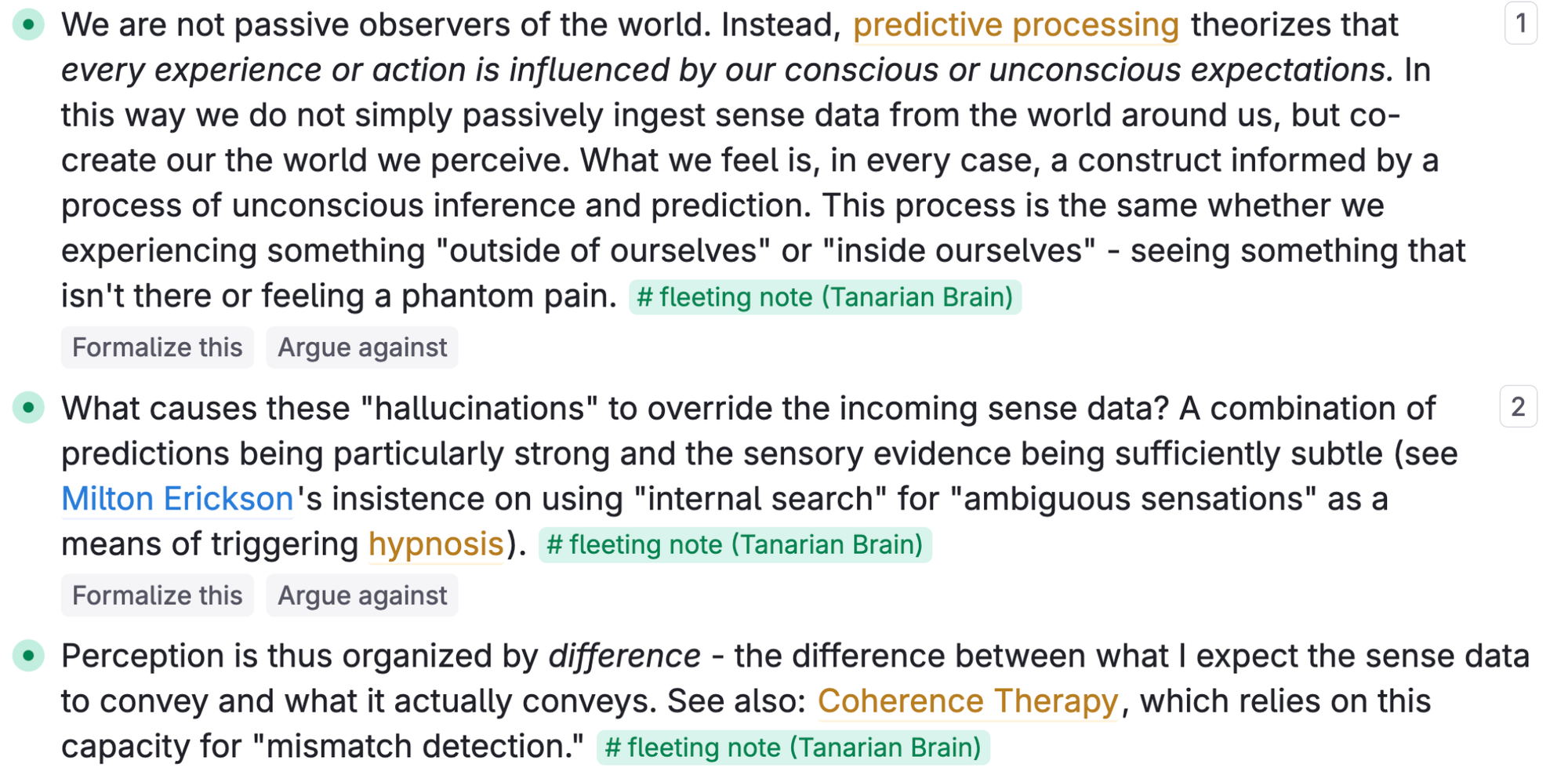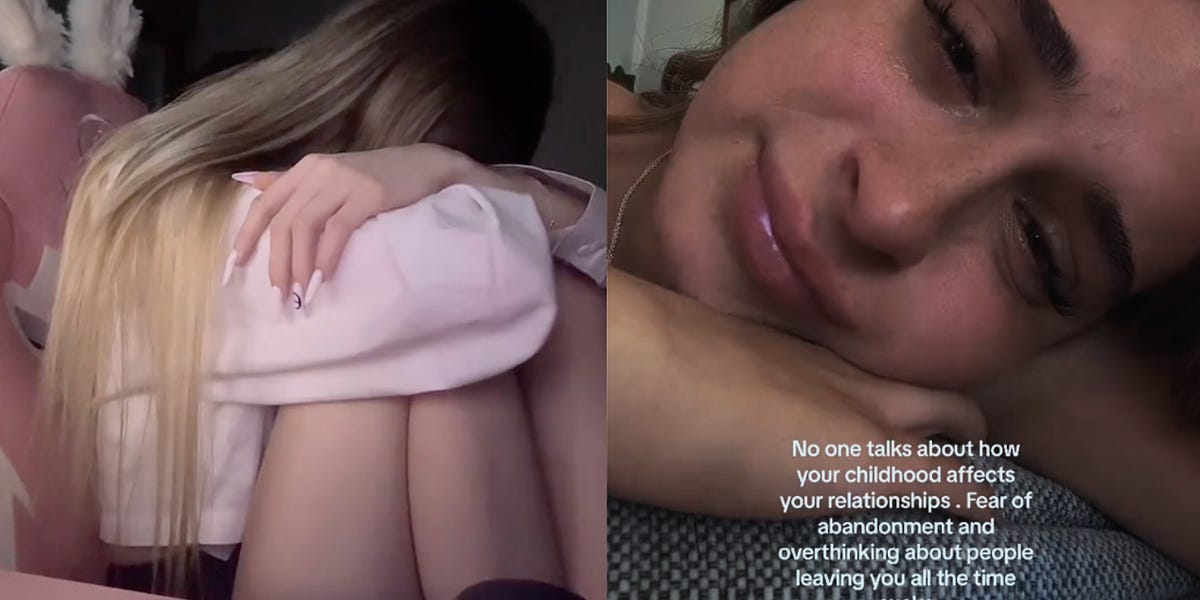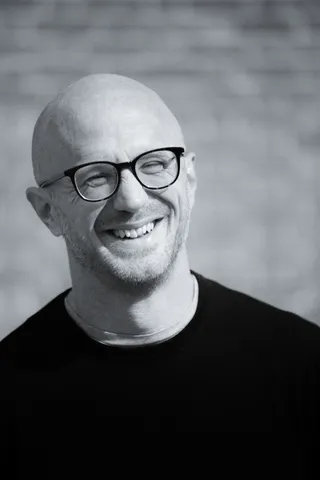A Formula For Certain Success

I am going to teach you my secret method for rapidly becoming an expert in any topic.
If you follow this simple formula, you will know more about your chosen subject than 95% of the world's population.
Even better, you'll know significantly more than most professionals in that field.
You'll be able to come up with original ideas and see connections no one else can see.
For example:
A year ago, I didn't know anything about hypnosis. Literally, nothing (other than thinking it was probably bullshit).
Today, I am a multiply-certified, state-registered hypnotherapist recognized by both the Complementary Medical Association and the International Certification Board of Clinical Hypnotherapy. I have spent over 100 hours working with clients. I've been told I changed people's lives, rescued their relationships, relieved their pain. I even authored a preliminary attempt at a new working model for how hypnosis works utilizing predictive processing theory.
It's not the first time I've done something like that, either.
A few months after learning about the field for the first time, I graduated from a rigorous Theory of Constraints certification course designed for systems improvement professionals and logistics experts.
Right now I'm eyeballs-deep in the study of persuasion and influence. My goal is to be world-class at deploying those skills in my daily life in the next 6 months.
Over and over again I have crammed ten years worth of career development into 6 months, using the exact formula I'm going to reveal to you in this post.
This method is not only simple and straightforward, it's fast and cheap. You can usually do the entire thing for free.
And almost no one ever does.
There are a lot of people who actually feel disappointed when they hear my secret formula.
They think "I know that already!" and move on to the next blog post, the next YouTube video. They're looking for something "new" - something they've never heard before
Finding "new" things feels good. It lights up the reward centers of our brain. It makes us feel like we accomplished something.
But, of course - we haven't. The "new" thing goes on top of the pile of things never tried, never implemented, right alongside all the other "once new" things.
Then it's on to the next.
If that's been you in the past - and lord knows, it's certainly been me! - I'd like to invite you to read the rest of this post with the part of your mind that doesn't know everything already.
The part that cares more about results than it does about finding things that are "exciting" or "new."
Because, if you let it, this strategy will radically transform your life for the better in ways you cannot possibly predict.
Ready?
Here it is:
To become an expert in any field:
- Read five books on the subject.
- Put what you read into your own words.
- Test what you learn.
- Teach what you learn.
That's it.
If it seems...well, simple, that's because it is. It is painfully simple.
And almost no one ever does it.
Let's break it down, using my hypnosis experience as an example.
Read five books on the subject.
Specifically, I tried to read across the field, meaning from different types of authors writing for different types of audiences.
I read works intended for clinicians (like David Spiegel's Trance and Treatment), students (Michael Yapko's Trancework), dentists (Hartland's Medical and Dental Hypnosis). I read old books (Freud) and new books (Neuro-Hypnosis by Simpkins). I also checked out a whole bunch of academic papers on the subject, most of which I didn't understand particularly well.
A wide sampling - particularly through time - is critical here. Why? Because almost no one does their homework. Almost no one has read the classics of their field, or knows where their "modern ideas" come from. Most people - including highly-paid professionals! - are just kind of...winging it. Often, they hold any number of unexamined and inaccurate beliefs, simply because "everybody else agrees."
Reading across a variety of sources enables you to make connections. You can see who references whom, who built on someone else's work, how different theories illuminate different aspects of an field. This is incredibly powerful when it comes time for creating your own ideas.
Put what you read into your own words.
Note-taking is core to what I do, but it doesn't have to be complicated.
I highlight anything and everything I find interesting. Once I've finished a piece I think is important I go back over those highlights and extract the most important ideas in my own words.
Re-wording and re-phrasing makes these ideas yours in a way that is hard to describe. Not only does it help to remember the content, but forcing yourself to re-word things also helps to create new connections and to see things in a different way. In short, it makes you a participant in the subject, not just a consumer.
Here's an example of some highlights that I have processed using my own language. This screenshot is from Tana, which is my current note-taking app, but I promise you - the app doesn't matter. It works exactly the same if you're doing it with pen and paper on note cards.

In this example, I was reading about predictive processing and starting to connect those ideas to the world of hypnosis and hypnosis-adjacent therapies. I wasn't trying to do that - I was just noticing things that felt connected somehow.
Test what you learn in the real world.
Academics are more than happy to read, take notes, and come up with cool ideas. Testing - and, almost always, invalidating some of those cool ideas - is another matter all together.
The trick is to find a relatively low-stakes way of ramming your ideas up against the real world. The learning you gain from practice is profound, particularly when that practice is informed by your earlier reading and note-taking.
Let's return to the hypnosis example. How did I practice? I emailed some people I knew and told them I wanted to practice hypnosis on them for free. Once I had a few initial positive experiences under my belt, I emailed more people...and then more. After a while I even ran some cheap ads on Google to find people to work with who wouldn't know me ahead of time.
After each session, I asked myself:
What did I expect would happen? Did it? If not, why not? What could I do better? What did I learn?
This process, multiplied over many sessions, gave me a deep sense of confidence (which, as you'll find, is the bulk of what makes you good at pretty much anything).
Teach what you learn.
Teaching is the final piece of the expertise puzzle. Why?
You won't know if you truly understand something until you try to explain it to someone with no pre-existing background.
Our brains are excellent at covering up our areas of misunderstanding and incomplete knowledge. Often, our pictures of the world are fuzzy in ways that are hard to detect. These fuzzy areas become glaringly obvious the moment you try to teach. Anyone who's ever tried to explain something basic to a child has had this experience: you think you know how something works, but once you get past the second level of questioning you find yourself completely lost ("Oh, rain happens because water evaporates, goes up into the sky, and then falls down." "But why?" "Well, the....uh....hmmm.")
Teaching forces editing. It forces us to distill multiple sources and ideas into something straight forward and coherent. The first time you try to do this, it is shocking how many areas of ignorance suddenly appear.
Teaching can, of course, take its classical form of teacher-in-front-of-classroom. For example, I taught a class on self-hypnosis at the end of last year that was magical in terms of getting me to formalize my ideas and clarify what I wanted to say. However, teaching can take other forms. For example, my essay on predictive processing and hypnosis was a form of teaching. It didn't matter that very few people ever read it (or ever will); the benefit was in writing it.
Clarifying ideas in order to teach them makes these ideas yours. You put your own spin on them, illustrate them with your own stories, and view them through the lens of your own life experiences. In so doing, you become a full-fledged participant in what Alfred Korzybski called time-binding, the thing that only humans do - passing on our knowledge to future generations.
(And, of course, this blog post is a form of teaching as well.)
This process does not need to take very long. In fact, you could run a mini-cycle of the entire thing in a week or a month if you wanted to. You can get all the materials you need from your local library. You can take notes on a yellow pad. It is, as I stated, simple.
And almost no one ever does it.
Most people who get this far will nod their heads. “Reading is critical, I totally agree. Take notes. Got it.”
Then they will move on, in search of something new.
Anyone willing to actually do their homework will have a huge advantage in life. I know - it's completely changed the course of mine.
My business came from this process.
My musical projects came from this process.
Even my social skills came from this process - and so, indirectly, my marriage, and children.
And it's never too late. If you've never done it before, you can start now.
With that in mind, I want to leave you with a quote from a recent issue of The Atlantic. I will leave it to you to make your own connections and draw your own conclusions.
From "The Elite College Students Who Can’t Read Books" by Rose Horowitch:

"...middle- and high-school kids appear to be encountering fewer and fewer books in the classroom as well. For more than two decades, new educational initiatives such as No Child Left Behind and Common Core emphasized informational texts and standardized tests. Teachers at many schools shifted from books to short informational passages, followed by questions about the author's main idea' mimicking the format of standardized reading-comprehension tests. Antero Garcia, a Stanford education professor...told me that the new guidelines were intended to help students make clear arguments and synthesize texts. But 'in doing so, we've sacrificed young people's ability to grapple with long-form texts in general.'
A teacher and an administrator who has spent almost two decades in Boston and New York schools, told me that excerpts have replaced books across grade levels.
'There's no testing skill that can be related to … Can you sit down and read Tolstoy?' he said. And if a skill is not easily measured, instructors and district leaders have little incentive to teach it."
Yours,
Dan
Something I'm Reading:

I don't know what I think about the actual argument being made in this essay, but it has lodged, bullet-like, in my skull.
Better Questions Newsletter
Join the newsletter to receive the latest updates in your inbox.


